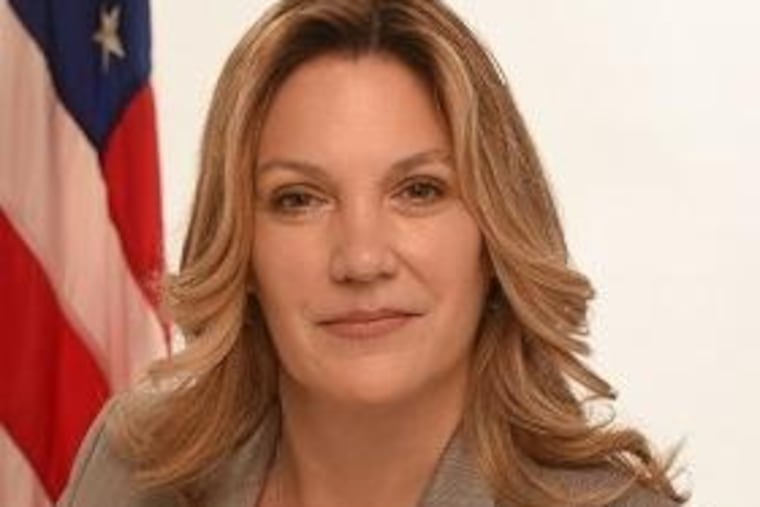Biden health officials visited Philly to discuss opioid addiction treatment and overdose prevention
Palm's visit to Philly came amid new moves by Biden administration to improve access to addiction treatment.

Andrea Palm, the deputy secretary of the Department of Health and Human Services, visited Philadelphia on Wednesday to speak about the city’s opioid crisis with patients and staff at the Girard Behavioral Wellness Center, an addiction treatment center in North Philadelphia.
Her visit came in a week when the Biden administration acted to improve access to addiction treatment, including the easing of decades-old rules around the provision of methadone, an opioid-based addiction treatment that’s heavily regulated by the federal government. Overdose death rates nationally skyrocketed during the COVID-19 pandemic, in the last several years topping 100,000 deaths per year, and Philadelphia saw its highest-ever overdose death toll in 2022, at 1,413 fatal overdoses.
Palm spoke with The Inquirer about what she learned in her visit to Philadelphia and the federal government’s efforts to combat overdoses in an interview lightly edited for clarity.
What was it like to speak with patients in recovery at Girard?
We spent time with a handful of guys in the residential program here and really heard their experiences.
It’s so interesting: their views on methadone [an opioid-based prescription medication used in addiction treatment], and how it’s saved their lives. In the broader community, there are still a lot of folks who don’t see it as a valid treatment, like they swapped one drug for another.
We need to do more to explain to the public the evidence around the effectiveness of methadone and other medication-assisted [addiction] treatments, especially as the drug supply has become more dangerous and more deadly.
You held a similar role under President Obama. How has the Biden administration responded to an evolving crisis?
From my first tour to my second tour, a couple of things have changed. One is the openness to harm reduction, [a philosophy that seeks to keep drug users safe until they are ready to enter treatment]. With the ways in which we’ve seen drugs become more deadly, the possibility of overdose is so much higher, and we’ve been finally able to get to a place where the public is willing to engage in a conversation about harm reduction.
The Food and Drug Administration approved over-the-counter naloxone, [the opioid overdose reversing drug]. And we’ve reduced barriers to addiction treatments like buprenorphine. Overdose deaths are still at an alarmingly high rate, but we are starting to see that stabilize. We feel good about ways in which we are investing dollars.
What sort of challenges does Philadelphia face in the opioid crisis?
For a place like Philly, some challenges are access to care and workforce challenges — having enough folks in the [addiction treatment] field, and the capacity to treat people.
Philadelphia is also the place that brought xylazine, [the animal tranquilizer now contaminating much of the city’s illicit opioids], to national attention. This week, we’re announcing that states and other localities can use federal grant funds to purchase xylazine testing strips. Philly and other places like it teach us things about where to put our money to its highest and best use to save lives.